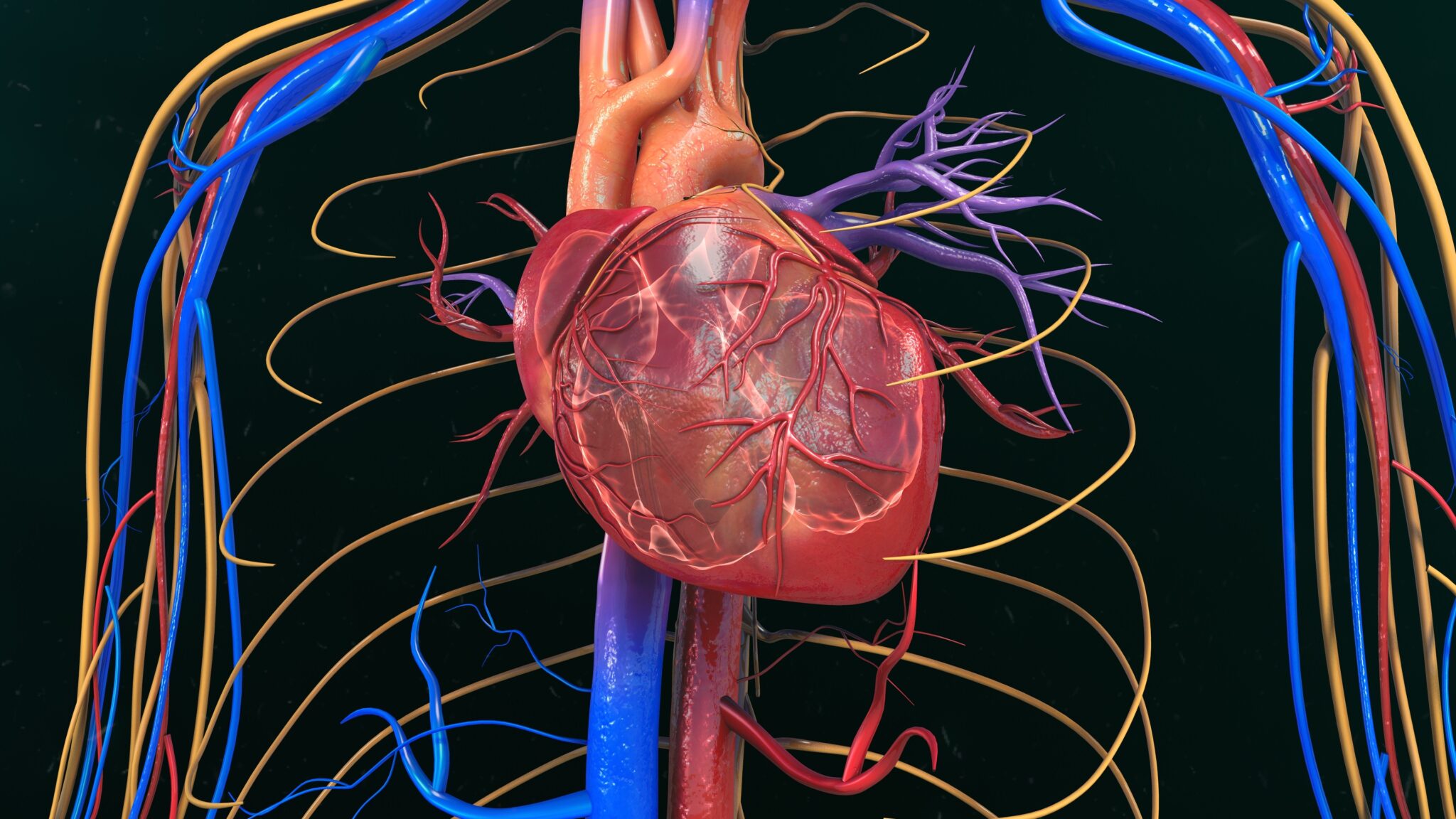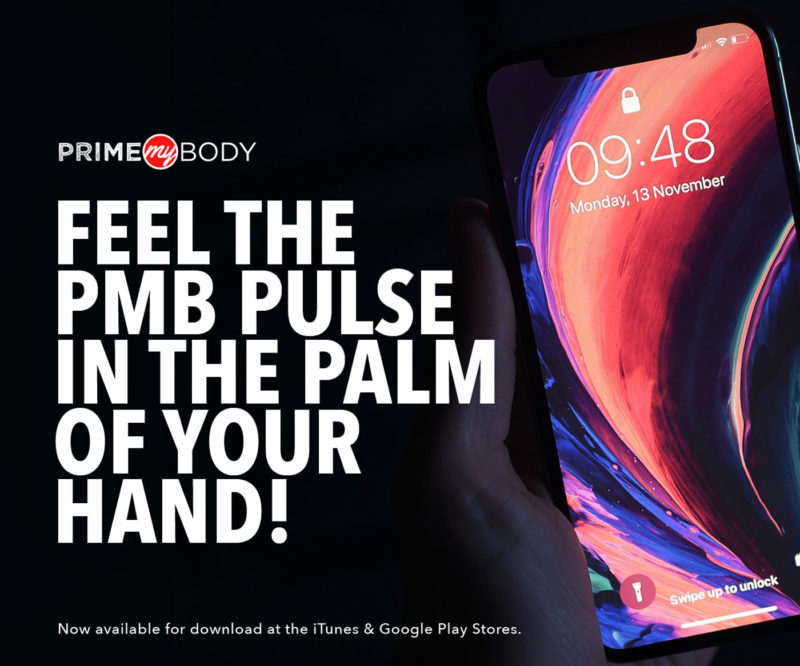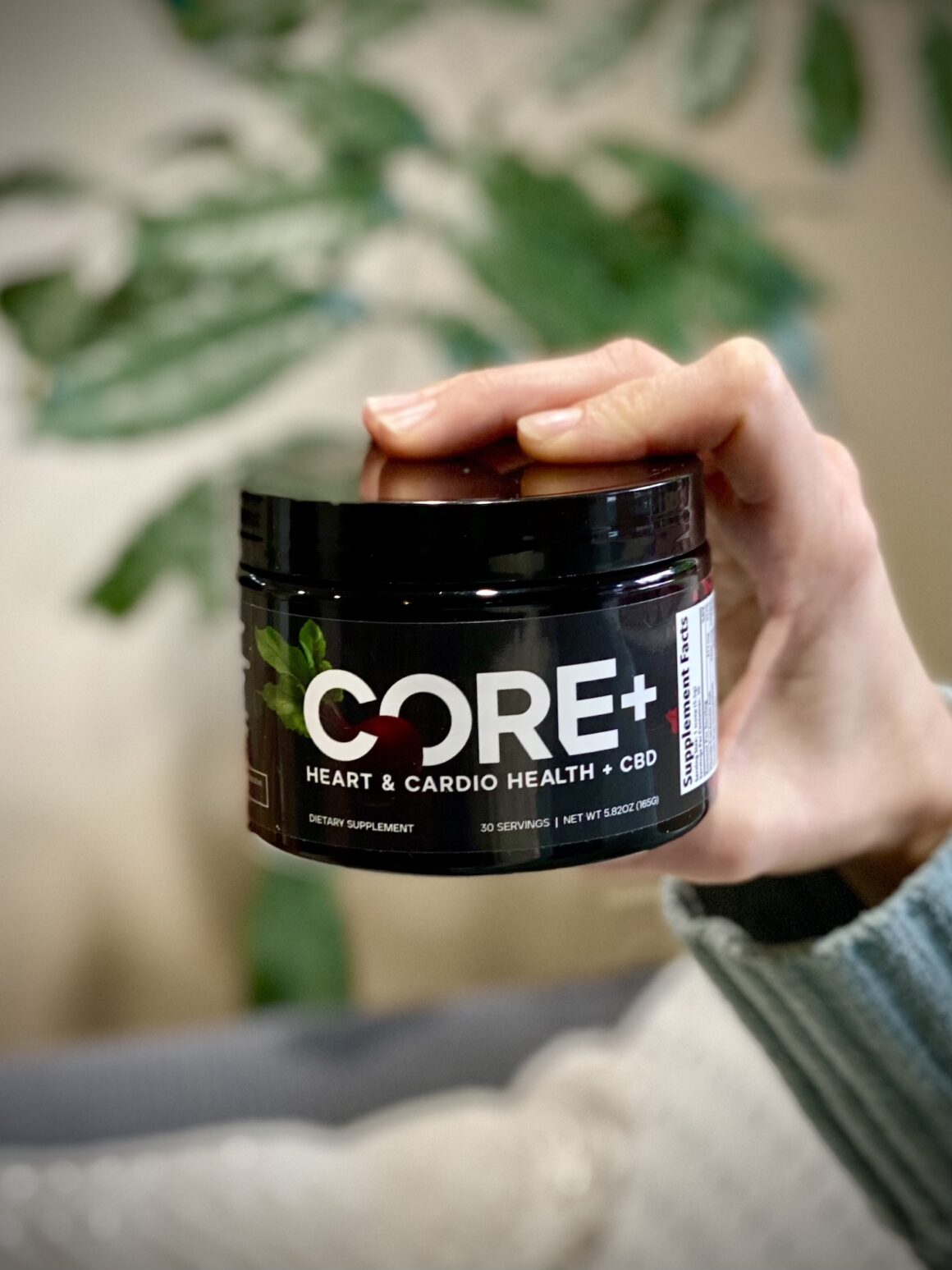It’s Time We Had A Heart To Heart
Second by second, 24 hours a day the cardiovascular system pumps and circulates blood to your organs, cells, and tissues.
Your heart, the driving force of this complex system, pumps 2,000 gallons of blood in a single day. That’s a lot of work for an organ that is roughly the size of a fist and weighs only 8 to 12 ounces. Consisting of four chambers (atria and ventricles) and four valves, each of these heart components work in harmony to ensure your body receives the exact amount of blood it needs to function optimally.
Working in unison with your heart, your blood vessel network is constantly cycling blood—delivering essential oxygen and nutrients to cells, organs, and tissue. It may sound far-fetched, but your blood vessel system is approximately 100,000 miles—long enough to circle the globe 2.5 times. It consists of three main sections:
- Veins: Circulatory vessels that transport blood to the heart.
- Arteries: Circulatory vessels that transport blood to your body’s tissues. Arteries become smaller as they branch further from the heart.
- Capillaries: The body’s smallest blood vessel system, capillaries connect the smallest arteries to the smallest veins, helping to deliver oxygen and shuttle carbon dioxide for removal.
The strength of your heart and the health of your circulatory system has many short- and long-term effects. On a daily basis they dictate how you feel when you wake up, the amount of energy you have throughout the day, and have a direct effect on mood, activity and brain performance, even sex drive.

Why Heart Health Matters
As much of a biological phenomenon as the cardiovascular system is, its susceptibility to harm is staggering. Here are a few statistics that put into perspective the reality of how heart- and cardiovascular issues affect people throughout the world.
- Globally, the leading cause of death is due to heart and cardiovascular conditions.
- Nearly 18 million people globally die from heart or cardiovascular issues annually.
- In the U.S. 1 in every 4 deaths are caused by heart-related issues and 18.2 million adults aged 20 or older have Coronary Artery Disease.
- A heart attack occurs every 40 seconds in the U.S.
With a rise in obesity rates and an increase in poor lifestyle and eating habits, heart and cardiovascular issues now affect people at much younger ages than previous decades.
Cardiologist Dr. Asif Ali says, “Part of the reason medicare came out at age 65 is because that’s when we started to see issues from heart and cardiovascular complications. But now, if you look at my average patient, they’re in their mid-forties. Heart attacks and issues with heart disease no longer solely affect our grandparents and parents. We’re looking at a much younger demographic.”
While these statistics may sound scary, there are simple ways to strengthen your overall cardiovascular system and elevate how you feel and perform daily, and it all begins with increasing your body’s nitric oxide production.
What Is Nitric Oxide & Why Is It Crucial For Your Health?
A molecule many people have never heard of, nitric oxide is critical for optimal heart and cardiovascular health. After the discovery in the 1990s that nitric oxide is the catalyst for balanced blood pressure and optimal blood vessel health in mammals, it was fittingly nicknamed the “miracle molecule.”
Released by cells in arteries and veins, nitric oxide’s primary job is to stimulate vasodilation—meaning it widens and dilates blood vessels. Along with expanding blood vessels, nitric oxide also helps to keep these blood flow pathways flexible and elastic. Combined, wider, more pliable blood vessels allow nutrient- and oxygen-rich blood to flow easily throughout the body and to each organ.
Healthy levels of nitric oxide are known for a few key benefits including stabilizing blood pressure, greater natural energy and stamina, increased workout and activity performance, shortened recovery times after injury and exercise, as well as improved brain performance and sex drive.
Other notable benefits that come from increasing nitric oxide production include better sleep, improved joint and bone health, and higher immune system function.

Why A Nitric Oxide Supplement Is Essential
As crucial as nitric oxide is for optimal cardio health, it does come with a catch. Once you reach your mid-twenties your natural nitric oxide production decreases steadily—up to 10-12% per decade. This natural decline in nitric oxide causes blood vessels to tighten and narrow, contributing to a number of health issues, like heart disease, high blood pressure, cardiovascular strain, chronic fatigue and malaise.
Supplementing with a high-quality nitric oxide booster like our CORE+ and incorporating heart healthy routines into your day are easy ways to boost nitric oxide levels and aid cardiovascular health.
Nurture Your Heart Health With CORE+
Understanding the importance of nitric oxide, our goal was to formulate a high-quality and convenient daily supplement that will allow anyone to take better control of their heart health and elevate their quality of life and daily performance.
CORE+’s blend of naturally-derived nutrients have been studied extensively to boost the body’s production of nitric oxide and improve cardiovascular health. A few of CORE+’s proprietary blend ingredients include Fermented Beet Root Powder Juice, L-Arginine, L-Citrulline, and Quercetin. To bolster CORE+’s effectiveness, we also included organically sourced CBD isolate. When CBD interacts with receptors in your cardiovascular system it stimulates relaxation and internal balance, helping to minimize cardiovascular stress. This balancing effect creates ideal conditions for nitric oxide production and helps optimize the flow of nutrient and oxygen-rich blood.
Stirred in 6-8oz of water, CORE+ is your daily ally for improved heart health and blood flow, greater natural energy, enhanced activity and brain performance, and increased libido. Visit https://bit.ly/PMBCORE to learn more about CORE+ and its cardiovascular and performance benefits.












